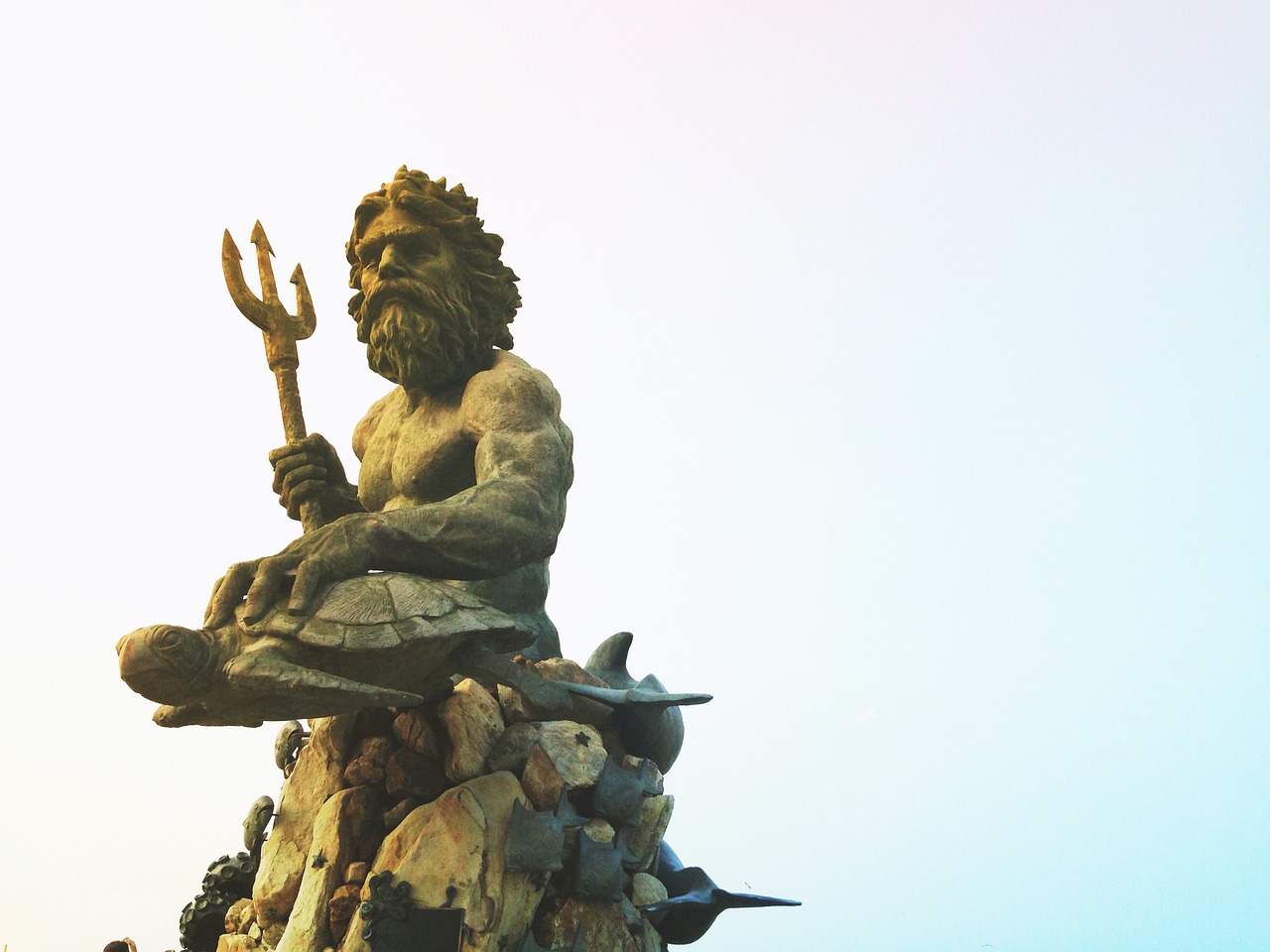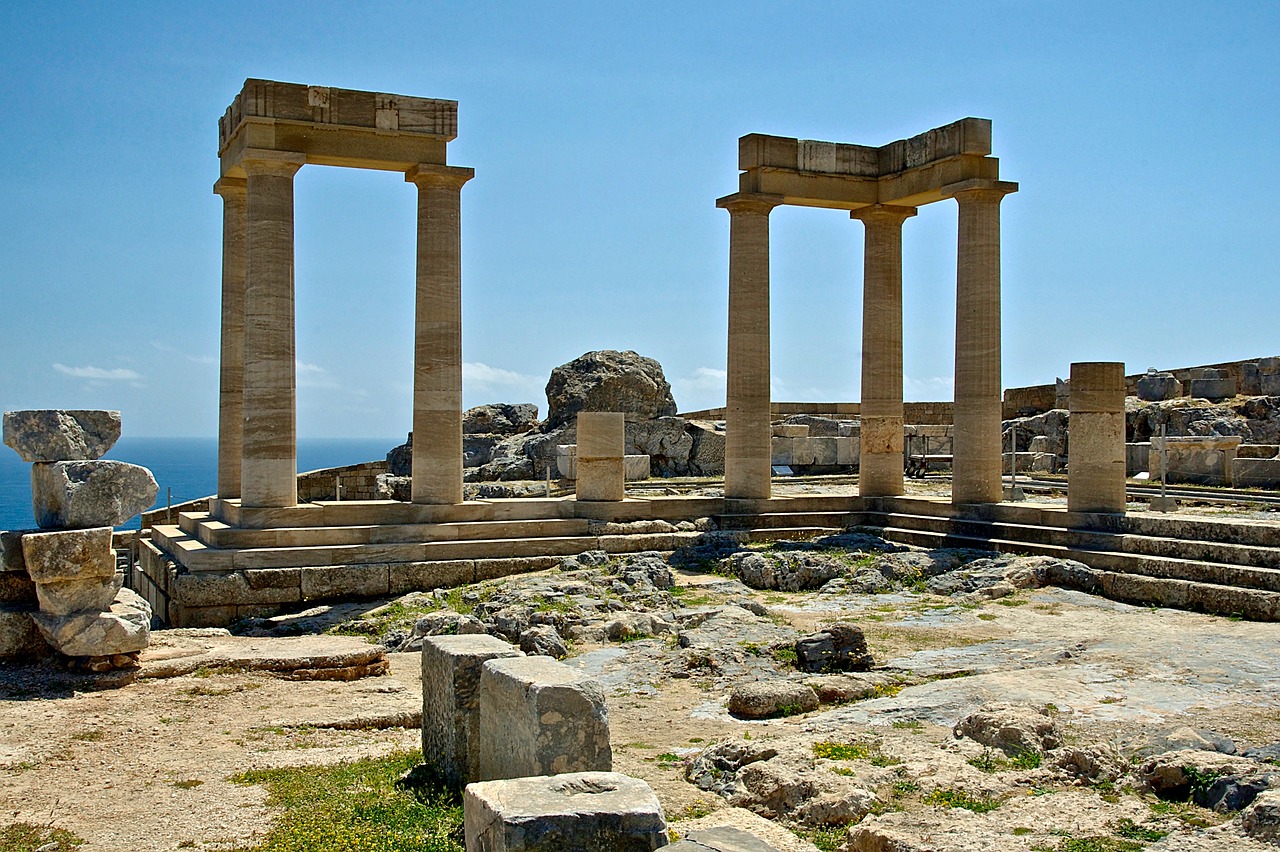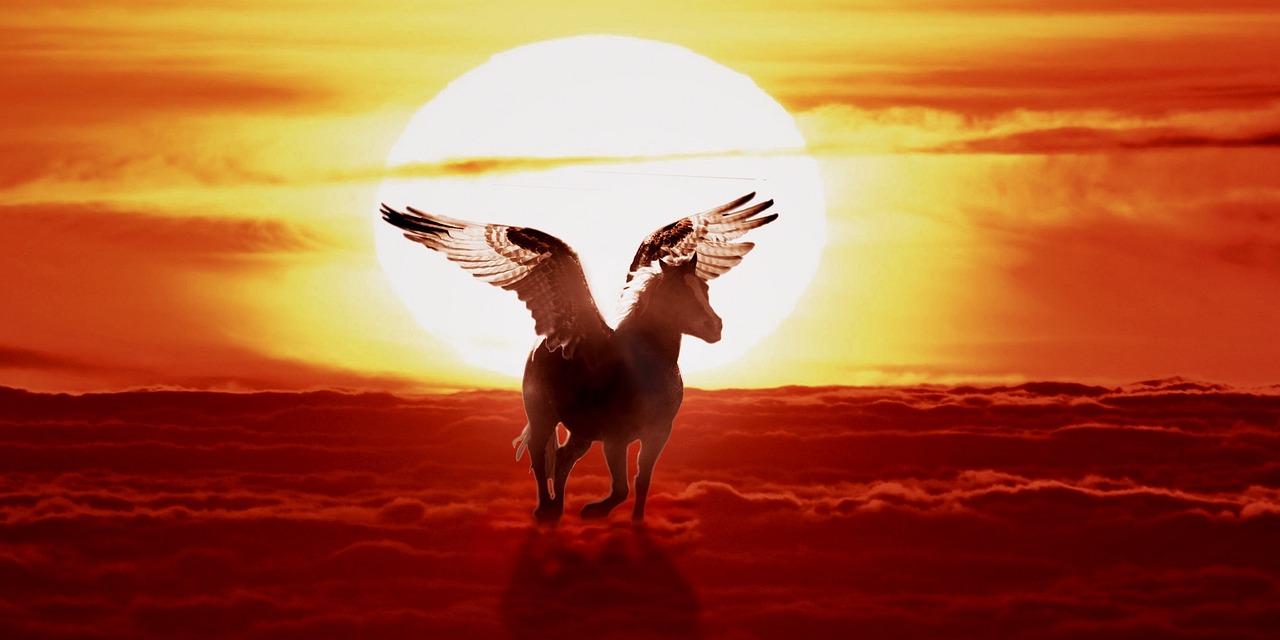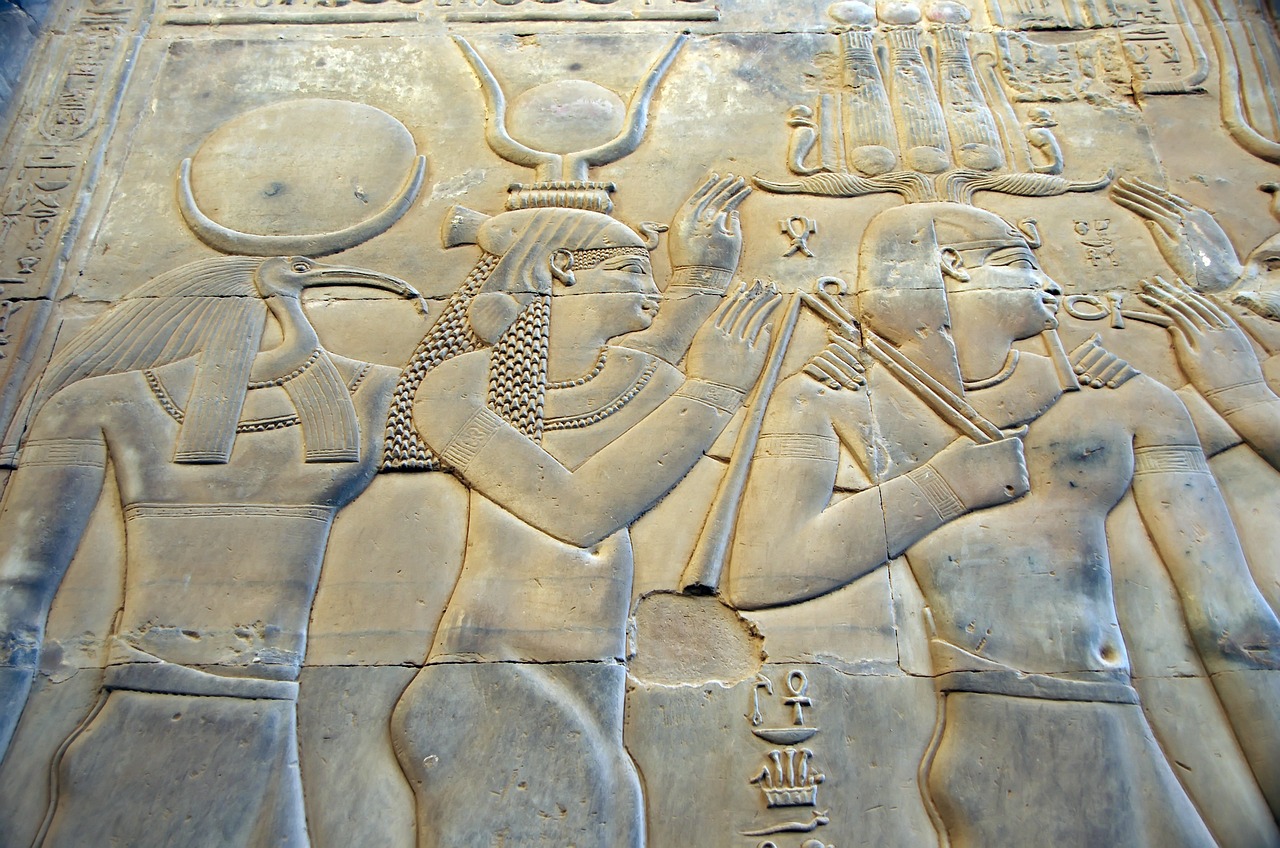-

Selene: The Moon Goddess of Greek Mythology Selene, known as the Titan goddess of the Moon, was portrayed in ancient art as a captivating figure, often seen riding sidesaddle on a horse or guiding a chariot pulled by winged horses. Her lunar presence was symbolized by a crescent adorning her head, or the elegant folds…
-

Agriculture’s origins can be traced back to the intentional cultivation of useful plants and animals within human-modified ecosystems. While agriculture is often viewed through the lens of specific practices, such as rice cultivation in Asia or cattle ranching in the Americas, a broader interpretation acknowledges humans as environmental engineers who actively modify natural habitats. These…
-

Athena, known in Greek mythology as the goddess of wisdom, warfare, and crafts, plays a crucial role as the protector of cities, particularly in the realm of civilization. Often correlated with her Roman equivalent Minerva, she stands in contrast to Artemis, the goddess associated with the wilderness. Many believe that Athena may have originated as…
-

Pegasus: The Winged Horse of Greek Mythology Pegasus, known as Pêgasos in Greek, is a legendary winged horse that originated from the beheaded Gorgon Medousa (Medusa). His remarkable entrance into mythology occurred when the hero Perseus severed Medousa’s head, from which Pegasus and his brother Chrysaor emerged. Bellerophon, a Greek hero, succeeded in taming Pegasus,…
-

The Enigmatic Fortress of Dun Sgathaich on Skye The remnants of Dun Sgathaich, located on the Isle of Skye, are believed to occupy the site of the legendary fortress Dún Scáith, attributed to Scáthach, a renowned warrior queen said to have existed around 200 BC. The history of Scotland during this era is explored in…
-
The Dagda, sometimes referred to as Daghda, Daghdha, Dagdae, or Dagda Mór, stands out as a prominent figure in Irish-Celtic mythology. Classified as a remarkable warrior and leader of the Tuatha Dé Dannan, he plays a crucial role in their conquests over the Fir Bolg, the indigenous inhabitants of ancient Ireland. Another conflict arises against…
-

Hades: The Ruler of the Underworld Hades, known in ancient Greek religion as the god of the underworld, is depicted in mythology as both a feared and misunderstood figure. As the offspring of the Titans Cronus and Rhea, he stands alongside his siblings: Zeus, Poseidon, Demeter, Hera, and Hestia. After the overthrow of Cronus, the…
-

Thoth is revered as the Egyptian deity embodying writing, magic, wisdom, and the moon. He held a prominent position within the ancient Egyptian pantheon and is believed to have either self-created or been born from Horus’s seed, emerging from Set’s forehead. This duality of origin places him at the crossroads of order and chaos, emphasizing…
-
Ireland’s folklore is an exceptional tapestry of vibrant tales and traditions. The narratives of fairies, Leprechauns, and historic celebrations like Samhain, which has become Halloween, are woven deeply into contemporary culture. At the heart of this rich mythology lies a pantheon of early deities known as the Celtic gods and goddesses, with the Dagda occupying…
-

The enigmatic phenomenon known as the Aurora, often referred to in various cultures as the Valkyrior or “Dance of the Spirits,” captivates the human imagination with its ethereal beauty and mystique. Originating from the Roman goddess of dawn, Aurora, and the Greek term for the north wind, Boreas, these natural wonders are classified as the…


